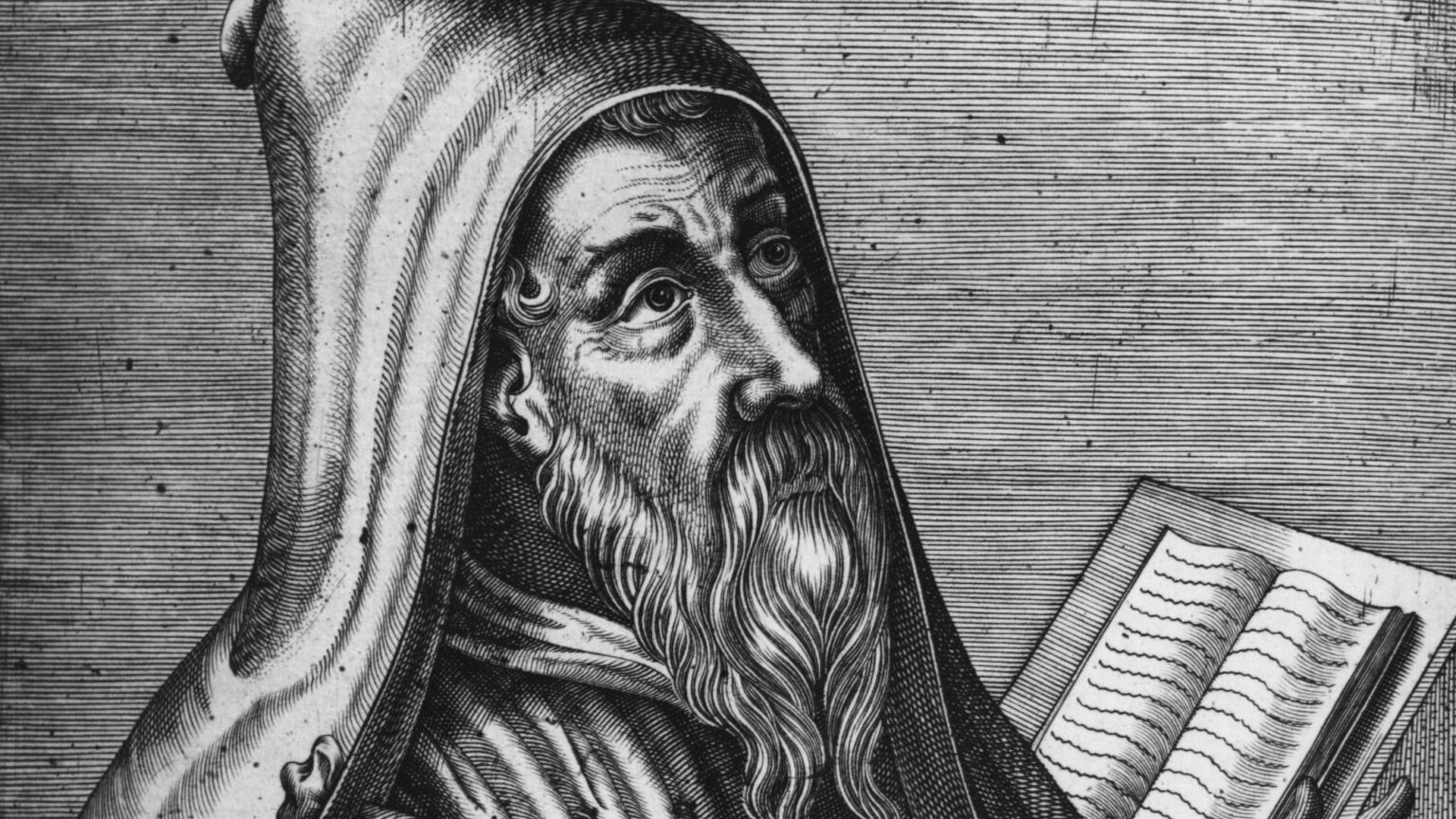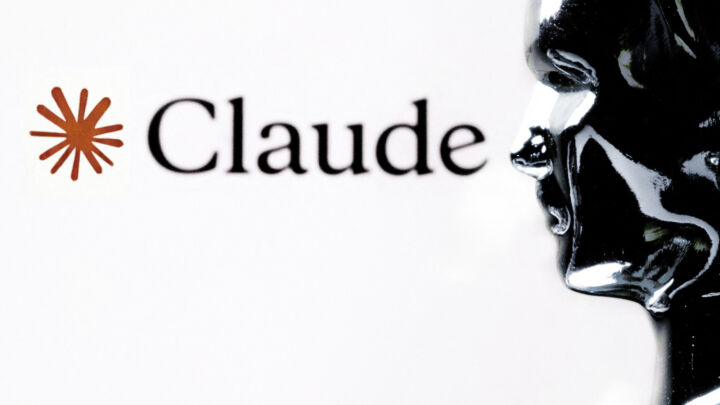Was St Augustine black?
The Church of England has turned ‘whiteness’ into a form of original sin.

Want unlimited, ad-free access? Become a spiked supporter.
Was St Augustine, one of the most revered figures in Christian history, black? The authors of the new children’s book, Heroes of Hope, produced for the Church of England, certainly seem to think so. The book’s brightly coloured illustrations portray Augustine as a dark-skinned African.
This is not an entirely baseless claim. Born in 354 AD, in what was a Roman province in north Africa, Augustine spent time in Italy before becoming bishop in the North African settlement of Hippo Regius. It is thought that his mother, St Monica, may have had Berber origins. Strictly speaking then, Augustine is more likely to have been brown than black. But the most important question, surely, is why his race matters so much to today’s Church of England.
Neither Augustine nor his contemporaries would have cared about his skin colour. An astonishing five million of the saint’s words, carefully preserved by medieval copyists, have survived the centuries. Shocking though it may seem to today’s racially obsessed progressives, those ancient scribes were more concerned with recording his doctrines than in detailing his racial origins and the precise shade of his skin. Indeed, Augustine himself, despite his prolific output, did not reveal much about his heritage or his surroundings. According to one commentator, he ‘was too intent on spiritual realities to notice the material and urban world around him much’. Yet fast forward some 1,700 years and today’s Church of England bigwigs seem to think Augustine’s intellectual, philosophical and theological legacy is worthy of recognition, primarily on account of his skin colour.
Heroes of Hope offers children ‘22 inspiring stories of Christians from around the world’. What the people featured have in common – and the reason for their selection – is not simply their faith. It is that they are not white. Indeed, the book was written to meet the Church of England’s commitment to achieving racial justice. It emerged from a special ‘racial justice unit’, established in the aftermath of the 2020 Black Lives Matter protests. The end product focusses on ‘black and brown saints, often erased and whitewashed from history, who formed the church and therefore modern society as we know it today’. In other words, it racialises Christianity by centring the saints’ skin colour rather than their achievements, in a revisionist world history.
Sadly, the Church of England is not alone in attempting this task. Research conducted for the Policy Exchange think-tank found that over the past five years, 83 per cent of schools have made changes to ‘diversify’ or ‘decolonise’ history teaching. As a result, many children are being taught contested, ahistorical or simply false claims. Among these are the notions that Stonehenge was built by black people, and that the West African kingdoms that sold their own people to European slavers were unaware of their role in the global slave trade. In one case, an organisation for history teachers produced resources describing the genital mutilation of slaves in ancient Rome as an early form of ‘gender transition’.
Elsewhere, the BBC’s Horrible Histories series has gone to great lengths to cast ancient British history as multicultural. The very first Britons were black ‘before these isles were British’, its jaunty narrators tell young viewers in one episode. Of course, this is true in the sense that homo sapiens first emerged in what became Africa. Every human being on Earth has black ancestors if we go back over 200,000 years. The question is where this insight gets us today.
The Catholic University of Villanova in Pennsylvania gives the game away. It too has had Augustine in its sights and has commissioned a portrait of him as black. An official at the university justified this decision on the grounds that ‘depicting St Augustine as a black man actively decentres whiteness’. It seems being ‘white’ is not simply a matter of skin colour, but a political statement. ‘Whiteness’, apparently, expresses racial superiority. This is presumably why, in 2024, the Church of England saw fit to hire a ‘deconstructing whiteness’ officer on a salary of £36,000 a year. The role includes combating racial injustice by examining statues and art linked to the slave trade.
Although the woke language of racial justice and ‘deconstructing whiteness’ is achingly modern, the idea being expressed is one with which St Augustine would have been all too familiar: original sin. Indeed, Augustine wrote at length about original sin. He believed that the crime committed by Adam and Eve in the Garden of Eden, their consumption of the forbidden fruit, would carry through the generations thanks to the act of sex. But significantly, Augustine’s theology offers the promise of redemption through the transformative power of faith. He argued that all people are born with original sin but that, thanks to God’s grace, it need not define who we become. Today’s racial penitents offer no such redemption from the alleged sin of whiteness.
There’s another way, too, in which the Roman Augustine was far more progressive than today’s woke activists. In City of God, Augustine writes of mankind: ‘We are made in the image of God’ and ‘linked together by a common fellowship based on a common nature’. In other words, this ancient theologian argued we should move beyond racial differences and celebrate our shared humanity. The race warriors in the Church of England would do well to take note.
Joanna Williams is a spiked columnist and author of How Woke Won. Follow her on Substack: cieo.substack.com/
You’ve hit your monthly free article limit.
Support spiked and get unlimited access.
Support spiked and get unlimited access
spiked is funded by readers like you. Only 0.1% of regular readers currently support us. If just 1% did, we could grow our team and step up the fight for free speech and democracy.
Become a spiked supporter and enjoy unlimited, ad-free access, bonus content and exclusive events – while helping to keep independent journalism alive.
Monthly support makes the biggest difference. Thank you.










Comments
Want to join the conversation?
Only spiked supporters and patrons, who donate regularly to us, can comment on our articles.